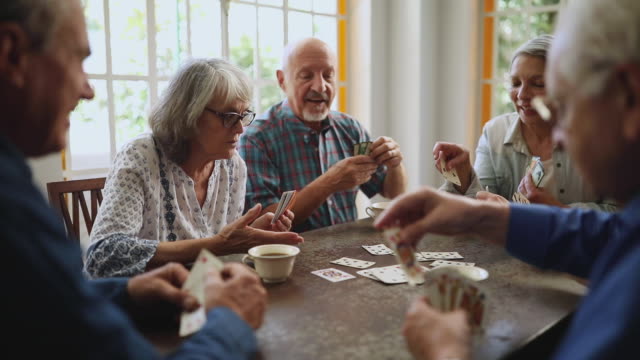Socialization plays a crucial role in the overall well-being of seniors. It not only enhances their mental and emotional health but also contributes to physical vitality.
As we age, life changes such as retirement or loss of loved ones can lead to isolation. This isolation can have serious health implications, including increased risks of depression, cognitive decline, and heart disease. Socializing helps combat these risks by providing emotional support, stimulating the mind, and encouraging physical activity.
Emotionally, socializing can create a sense of belonging and reduce feelings of loneliness. It allows seniors to share experiences, express feelings, and enjoy companionship. These positive interactions can boost mood and self-esteem, contributing to better mental health.
Cognitively, social activities can keep the mind sharp. Engaging in conversation, participating in group activities, or learning new skills can stimulate brain function and delay cognitive decline. Studies have shown that seniors with active social lives may have a slower rate of memory decline.
Physically, socializing often involves activities that promote physical health. Whether it’s walking in a park, dancing, or participating in a fitness class, these activities can improve cardiovascular health, increase strength and flexibility, and even boost longevity.
Moreover, socialization can provide a sense of purpose for seniors. Volunteering, participating in clubs or groups, or helping out family and friends can make seniors feel valued and needed. This sense of purpose can promote overall happiness and satisfaction with life.
However, it’s important to note that socializing should be enjoyable. Seniors should be encouraged to choose activities that they love and feel comfortable doing. Whether it’s a book club, gardening group, or weekly coffee meet-up, the key is to stay connected and engaged.
In conclusion, socializing is not just about filling time – it’s a vital part of healthy aging. It contributes to emotional well-being, cognitive health, physical vitality, and a sense of purpose. By promoting and facilitating social opportunities, we can help seniors live healthier, happier, and more fulfilling lives.
